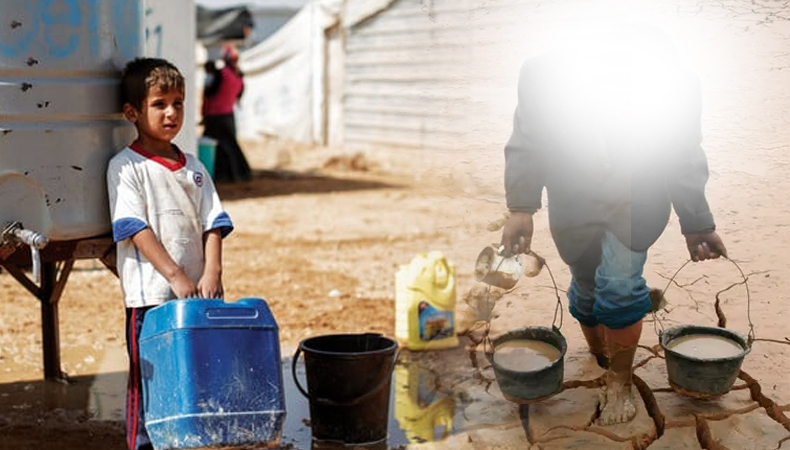Unified strategy to resolve water shortage in Arab world needed

The fourth Arab Water Conference, named “Arab Water Security for Life, Development, and Peace,” was held in Cairo from November 30 to December 1. It was organized by Palestine, the Arab League, and the Arab Water Experts Network.
Ministers of water resources, delegates from Arab nations, and concerned regional organisations attended the two-day summit that was hosted by Palestinian President Mahmoud Abbas.
Working sessions and presentations of scientific papers addressing topics connected to water shortage, drought, and climate change were part of the conference on Wednesday and Thursday.
The issues around water shortages and how to handle them, managing water demand and droughts, climate change, sharing water resources, and water diplomacy were some of the subjects covered.
The management of groundwater resources, funding and investment in the water sector, and issues relating to water in the Arab region were also discussed at the conference.
In a speech given on his behalf by Deputy Prime Minister Ziad Abu Amr, Abbas emphasized the importance of creating a coordinated and all-encompassing plan to protect the right to water in the face of occupation, exploitation, or encroachment. It also requires creating strategies to deal with food and water shortages brought on by current problems.
“Arab water security poses a huge concern to approximately 453 million Arab residents, and it is a topic that interests Arab countries, as seen by the Arab League’s decision to form the Council of Arab Water Ministers,” said Abbas. He continued by saying that the security of the transnational seas in the Arab world is important.
Read | Netanyahu reaches coalition deal with Israeli far-right party
Abbas stated, “We stand with our brothers in Egypt and Sudan in their demands on everything linked to the Grand Ethiopian Renaissance Dam problem and in guaranteeing that their security with regard to water, agriculture, or electricity is not jeopardized.”
In accordance with the UN Security Council’s declaration from September 2021, he urged Egypt, Sudan, and Ethiopia to come to a legally binding agreement that would consolidate and maintain the region’s peoples’ shared interests.
In light of the serious water crisis in Arab nations, he also urged for collective Arab collaboration to develop alternate sources of water for large-scale initiatives that benefit everyone.
Water security in Egypt is one of the most crucial pillars of Egyptian national security and a key axis in attaining sustainable development, according to Hani Sweilem, minister of water resources and irrigation.
Egypt, he claimed, is among the driest places on earth because of its projected yearly rainfall of 1.3 billion cubic meters. He claimed that the Nile, which originates outside of Egypt, supplies 97 percent of the country’s water.
In comparison to the global water poverty line, which sets the per capita share at 1,000 cubic meters yearly, the amount of water used per person in Egypt has reduced over time to approximately 560 cubic meters annually, according to Sweilem.




